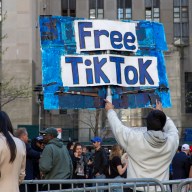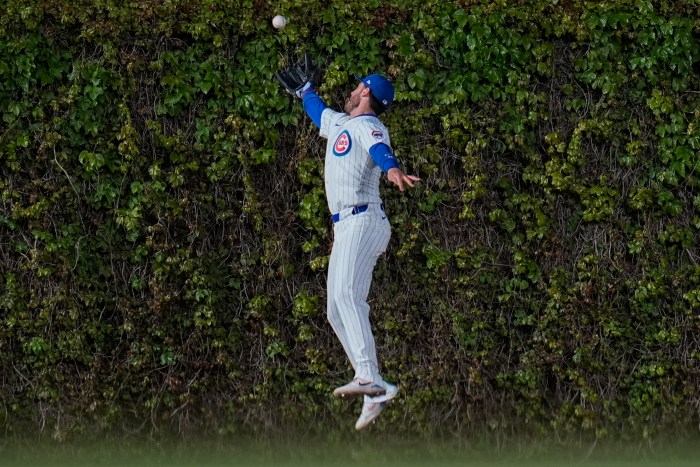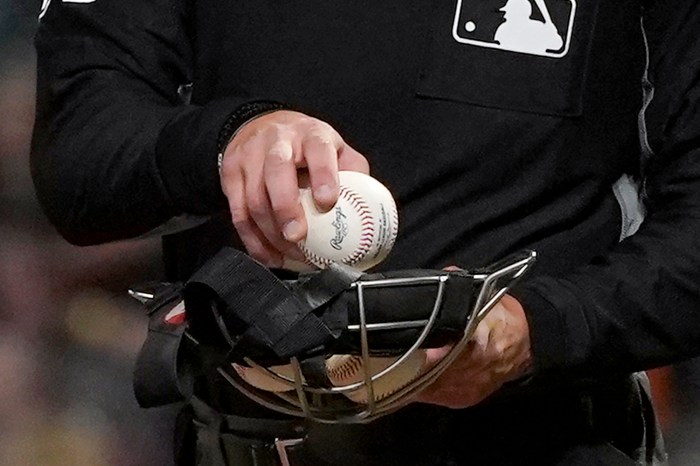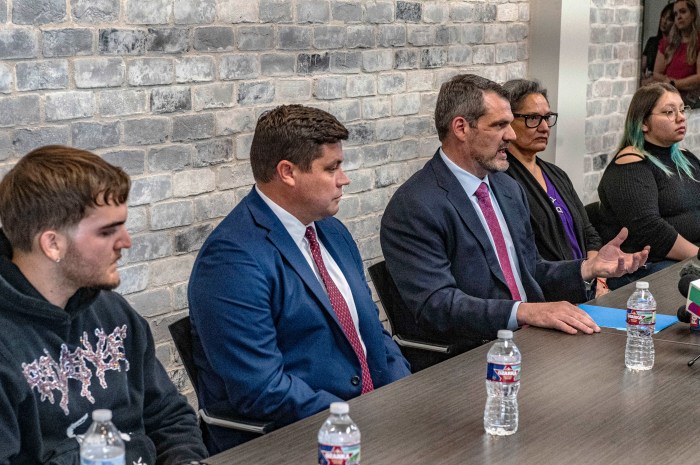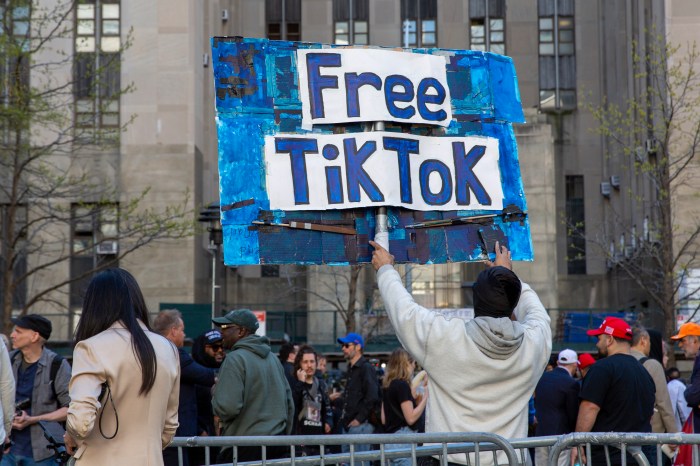 As unease grows over the “Knockout Game,” Khary Lazarre-White, head of Brotherhood Sister Sol, believes the incidents and fear represent a larger problem.
As unease grows over the “Knockout Game,” Khary Lazarre-White, head of Brotherhood Sister Sol, believes the incidents and fear represent a larger problem.
Credit: Screenshot
A spate of violent attacks being referred to as part of a “Knockout Game” has some New Yorkers concerned.
The “game” involves an attacker punching someone in the head without warning, seemingly choosing their victims at random — though some of the incidents in Brooklyn have been investigated as possible hate crimes.
Unease has grown, but Khary Lazarre-White, co-founder and executive director of Brotherhood Sister Sol, believes the attacks — and the fear they inspire — represent a larger problem.
Brotherhood Sister Sol is a Harlem-based community group that works with young people to counter negative images of masculinity and redefine manhood in a way that is nonviolent.
Lazarre-White spoke of a perceived “connection between manhood and violence” that he said is “truly a crisis in this country.”
And, he emphasized, “it’s not specific to one ethnic group.”
Lazarre-Whitecautioned against allowing the assaults to provoke knee-jerk fear of or discrimination against black teens.
“These are the types of incidents that are used to drum up hysteria that is often racialized,” he said. “In fact, the vast majority of crime is committed by grown adult men, not teens.”
Furthermore, according to FBI statistics, the majority of violent crimes in the United States are not committed by black men.
He also emphasized the importance of not referring to these attacks as a “game.”
“It’s not a game,” he insisted. “I think it’s important we call things what they are. These are vicious attacks against innocent people walking down the street.
“It’s not a game,” he repeated. “It’s assault.”
Brotherhood-Sister Sol operates in Harlem and the Bronx, but Lazarre-White said the group is interested in expanding and setting up programs in the Brooklyn neighborhoods where many of the attacks are occurring.
So far, due to lack of space and resources, the program has been unable to expand. He’s hoping that with partnerships with city agencies like the Young Men’s Initiative and the New York City Council Task Force on Guns and Violence, that might change soon.
Brotherhood-Sister Sol by the numbers
- In West Harlem, 42 percent of youth graduate from high school, with less than 34 percent of black males graduating in four years; 88 percent of the group’s alumni have graduated from high school.
- Thirty percent of West Harlem youth, ages 18 to 25, are employed full-time or enrolled in college; 95 percent of the group’s alumni are working full-time or enrolled in college.
- One out of every three black men in America ages 20 to 29 is under supervision by the criminal justice system; no alumni of the group are incarcerated and less than 1 percent are on probation.
- In Harlem, 15 percent of youth have children before graduating from high school; less than 2 percent of the group’s alumni have had children before graduating.
Follow Danielle Tcholakian on Twitter @danielleiat







